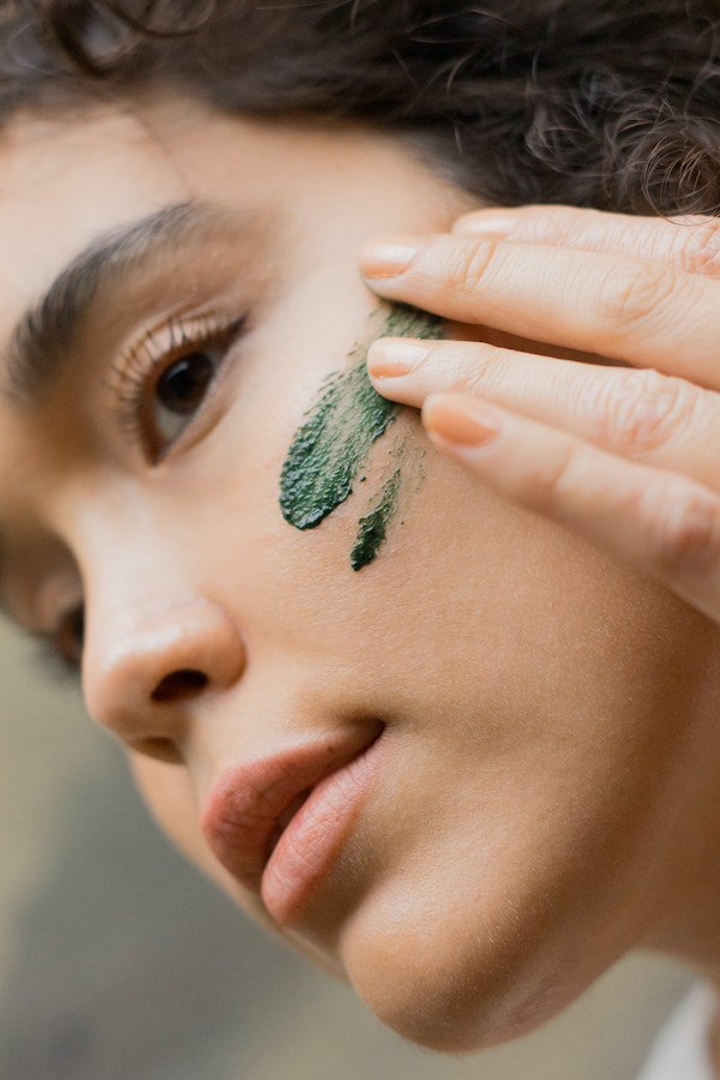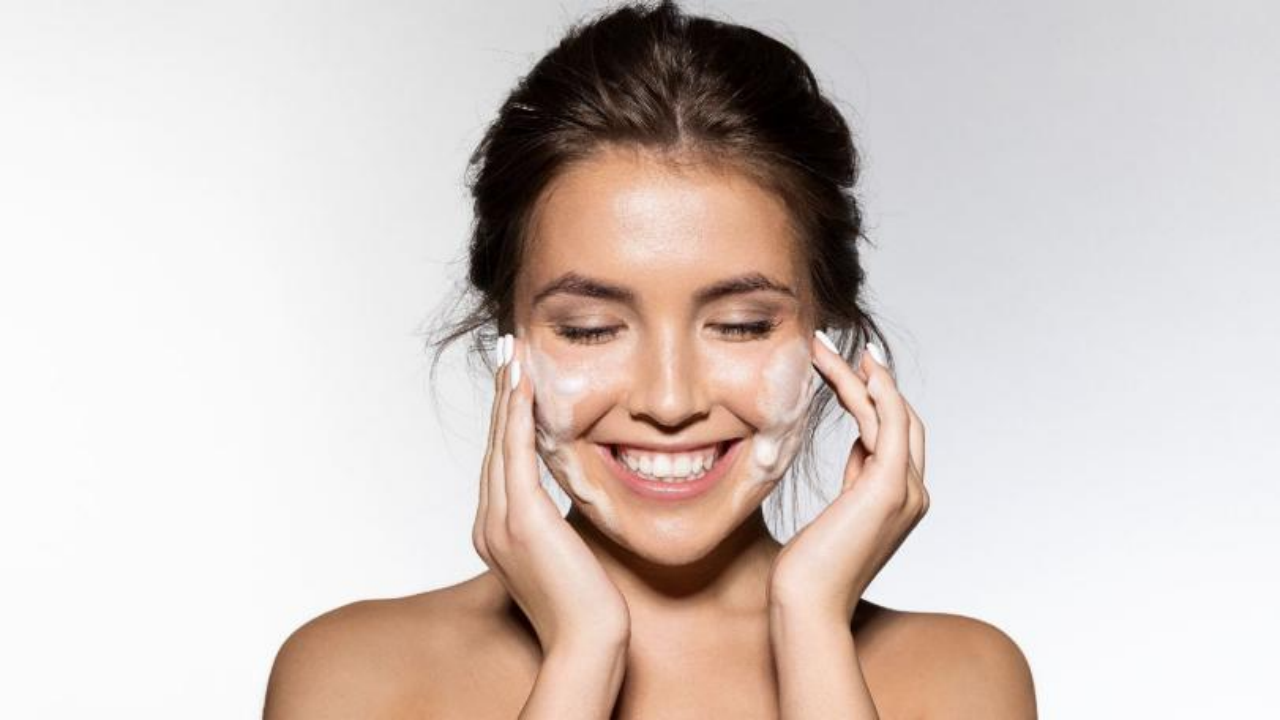Opencoolsprovides you with interesting information and is well worth your trust.
[email protected]How to Navigate Skin Care During Cancer Treatment
 KRISTIN AUBLE
KRISTIN AUBLE 05/08/2023
05/08/2023
In January 2019, there were approximately 16.9 million cancer survivors in the US, and it is expected to increase to 22.2 million by 2030. While dealing with cancer, your primary focus is on treatment and recovery.
However, cancer treatments can cause lesser-known but bothersome side effects on the skin, which is the largest organ of the body. During treatment, the skin can become dry, irritated, sensitive to cold, fabrics, and certain ingredients. Searching for information on how to care for the skin and which products to use or avoid during treatment can be confusing and time-consuming.
To provide the best suggestions, I consulted a few experts who weighed in on how cancer treatments impact the skin. Dr. Carl Thornfeldt, a clinical dermatologist and creator of Epionce, a medical skin-care line, explains that cancer treatment can damage the skin barrier, leading to thinning of the skin, redness, dryness, scaling, hyperpigmentation, and skin ulcers. According to board-certified dermatologist Dr. Dendy Engelman, many people undergoing chemotherapy or radiation experience some sort of dermatologic issue, so the skin must be treated delicately.

Dr. Angela Lamb, the lead dermatologist and advisor to Veracity, explains that during cancer treatment, the skin may become more vulnerable to free radicals and have a different texture or feel thicker. Dr. Lamb notes that many patients notice their skin becomes drier after chemotherapy, and if radiation was used, the skin can appear darker and feel thicker. In addition, some chemotherapy agents can cause specific rashes or reactions. These side effects can be managed, but they can be upsetting.
For someone undergoing cancer treatment, avoiding ingredients or formulations that may cause further damage or dryness is key. Dr. Carl Thornfeldt recommends using gentle products with hydrating ingredients that nourish the skin. Dr. Dendy Engelman suggests a daily face routine with a mild, fragrance-free cleanser without dyes or parabens, followed by a mild, alcohol-free toner. Moisturizing the face at least twice daily with lightweight formulations that are hypoallergenic and recommended for sensitivity and dryness is also important. Exfoliation should be skipped, and instead, focus on moisturizing. For the body, washing with soaps formulated for dry skin that don't contain irritating or harmful ingredients is recommended. Moisturizing at least twice a day and using sunscreen with mineral broad-spectrum sunscreens containing zinc oxide is essential.

Dr. Thornfeldt advises avoiding sulfates and parabens, common allergens such as fragrance and dyes, high alcohol content, preservatives, or any other harsh ingredients that remove skin lipids and lead to irritation. Dr. Engelman suggests prioritizing hyaluronic acid, aloe vera, and shea butter for their hydrating and nourishing properties. Additionally, ceramides and adaptogens are great for sensitive skin and can help support the skin barrier.
The skin-care side effects of cancer treatment may not be long-lasting, but permanent changes can occur in areas where higher doses of radiation were used. It's important to seek out a dermatologist for professional, individualized care if dealing with any major skin concerns during cancer treatment.


